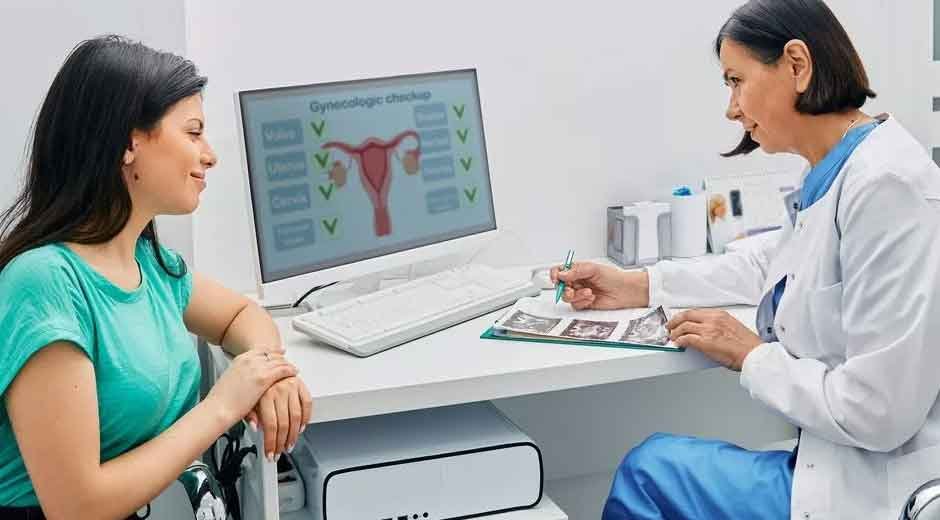Scheduling your first fertility appointment can feel both hopeful and intimidating. Whether you’ve been trying to conceive for months or you’re just beginning to explore your options, knowing what to expect can ease anxiety and help you prepare. A fertility consultation is a crucial first step in understanding your reproductive health and building a plan that works for you. Here’s what typically happens during that first visit, and how you can make the most of it.
1. A Detailed Medical History
Your first fertility appointment often starts with a comprehensive review of your medical, reproductive, and lifestyle history. You’ll be asked about:
- How long you’ve been trying to conceive
- Menstrual cycle regularity and symptoms
- Past pregnancies or miscarriages
- Birth control usage
- Medical conditions like PCOS, thyroid issues, or endometriosis
- Surgeries, infections, or STIs
- Lifestyle habits such as smoking, alcohol, diet, and exercise
- Family history of infertility or genetic disorders
If you have a male partner, their medical and reproductive history will also be discussed. This helps your doctor understand the full picture and identify any obvious red flags early on.
2. Physical Exams and Diagnostic Testing
Next, you’ll likely undergo a physical exam, including a pelvic exam to check for any anatomical concerns. From there, your provider may recommend several tests, such as:
- Blood work to evaluate hormone levels, thyroid function, and ovarian reserve Transvaginal ultrasound to examine your ovaries, uterus, and the number of developing follicles
- HSG (hysterosalpingogram) to assess whether your fallopian tubes are open and your uterine shape is normal
For male partners, a semen analysis is usually one of the first tests ordered to check sperm count, motility, and morphology.
3. A Conversation About Goals and Next Steps
Once your history is reviewed and testing is underway, your doctor will discuss potential causes of infertility, what your test results might reveal, and the different treatment paths available. These could include:
- Timed intercourse or ovulation tracking
- Ovulation induction with medications like Clomid or Letrozole
- Intrauterine insemination (IUI)
- In vitro fertilization (IVF)
- Fertility preservation options
You’ll also have a chance to ask questions, express concerns, and talk about emotional, financial, and lifestyle factors that may influence your choices.
4. What to Bring
To make your first visit more productive, bring:
- A record of your menstrual cycles or ovulation tracking
- A list of current medications and supplements
- Any relevant past medical records or test results
- Your partner, if possible, it’s helpful to evaluate both sides early
Conclusion
Your first fertility appointment is about gathering information, exploring options, and building a relationship with your provider. While it may feel overwhelming at first, this visit is a powerful step toward clarity and control over your fertility journey. Go in with an open mind, be honest about your concerns, and know that you’re not alone, support, answers, and solutions are within reach.










